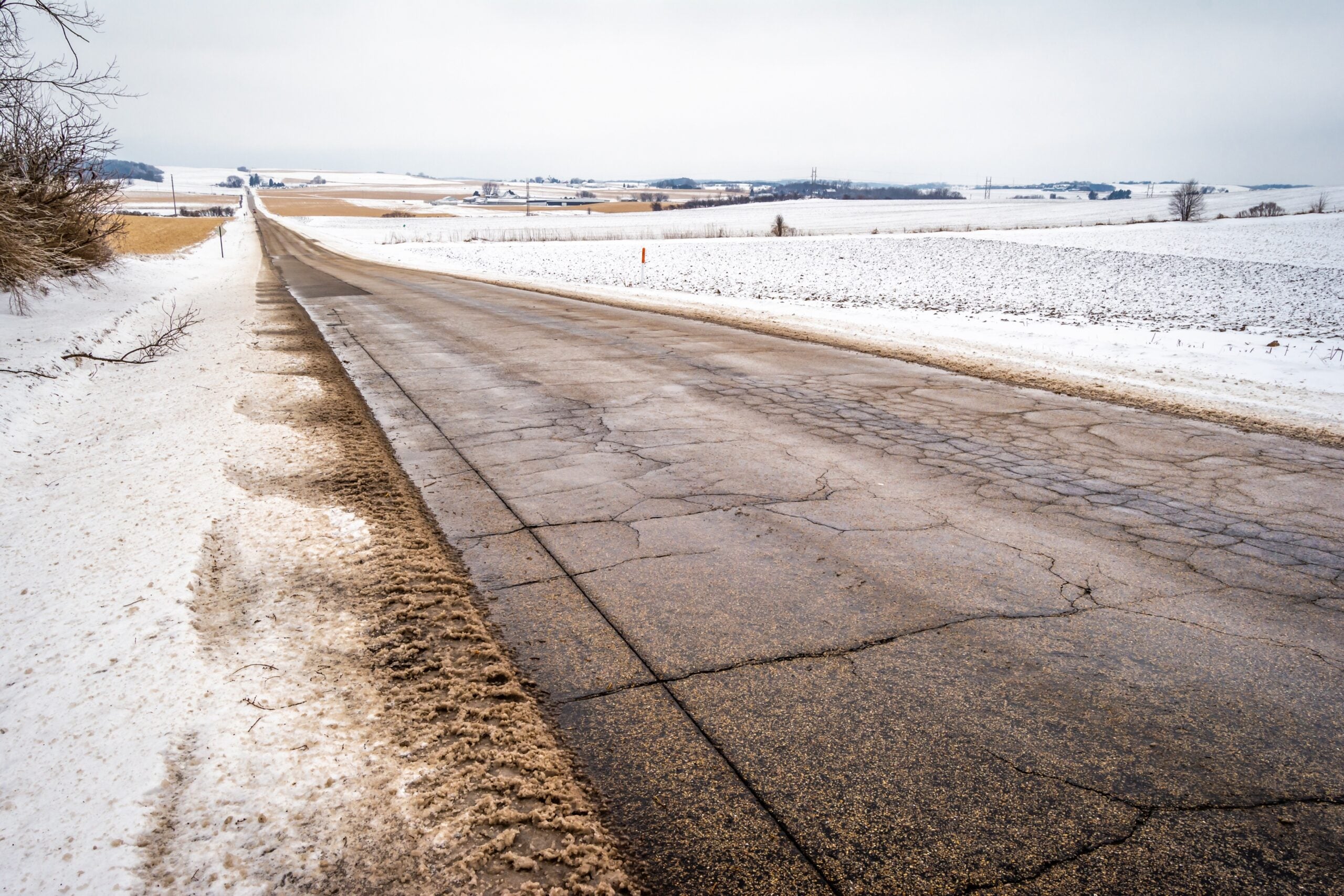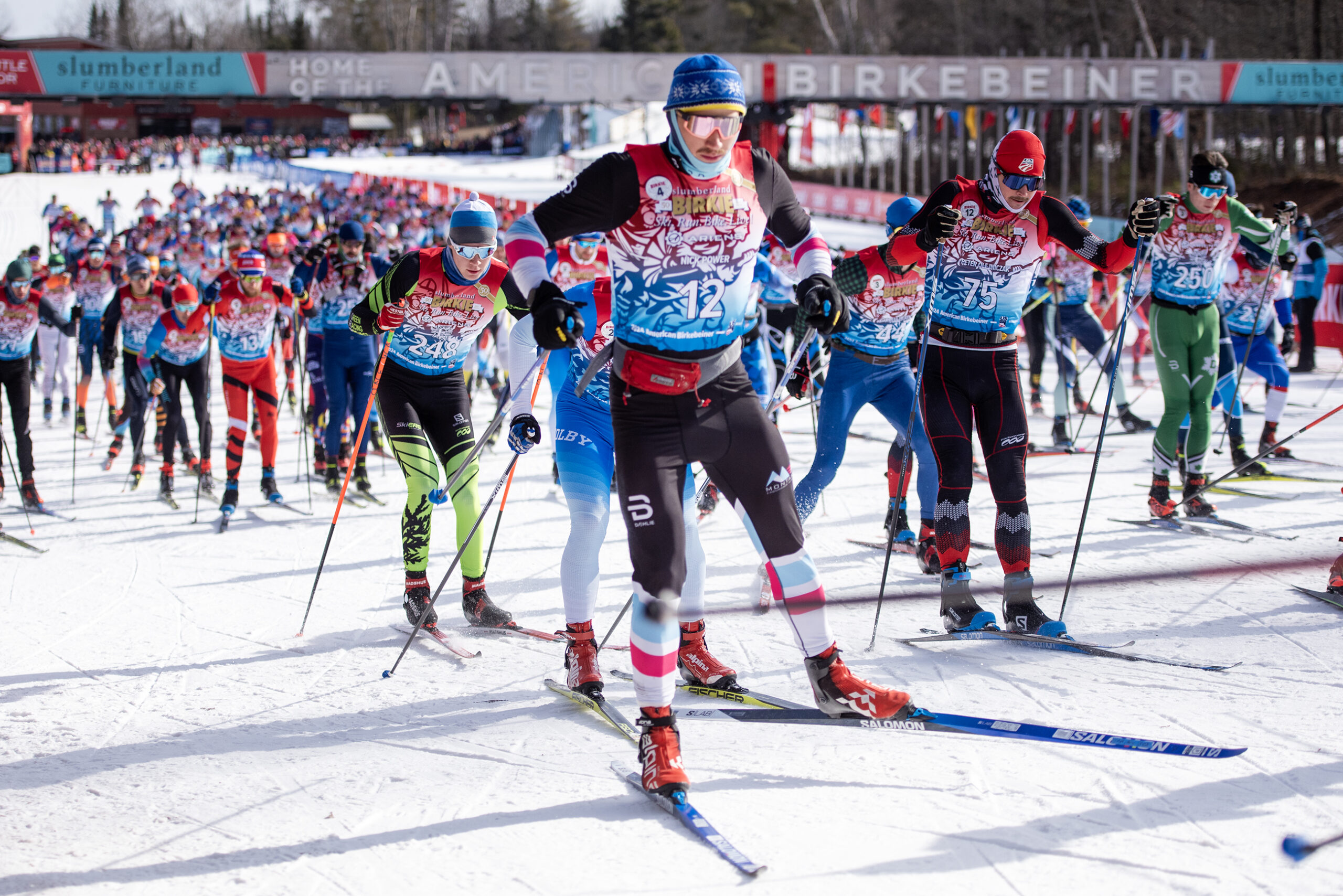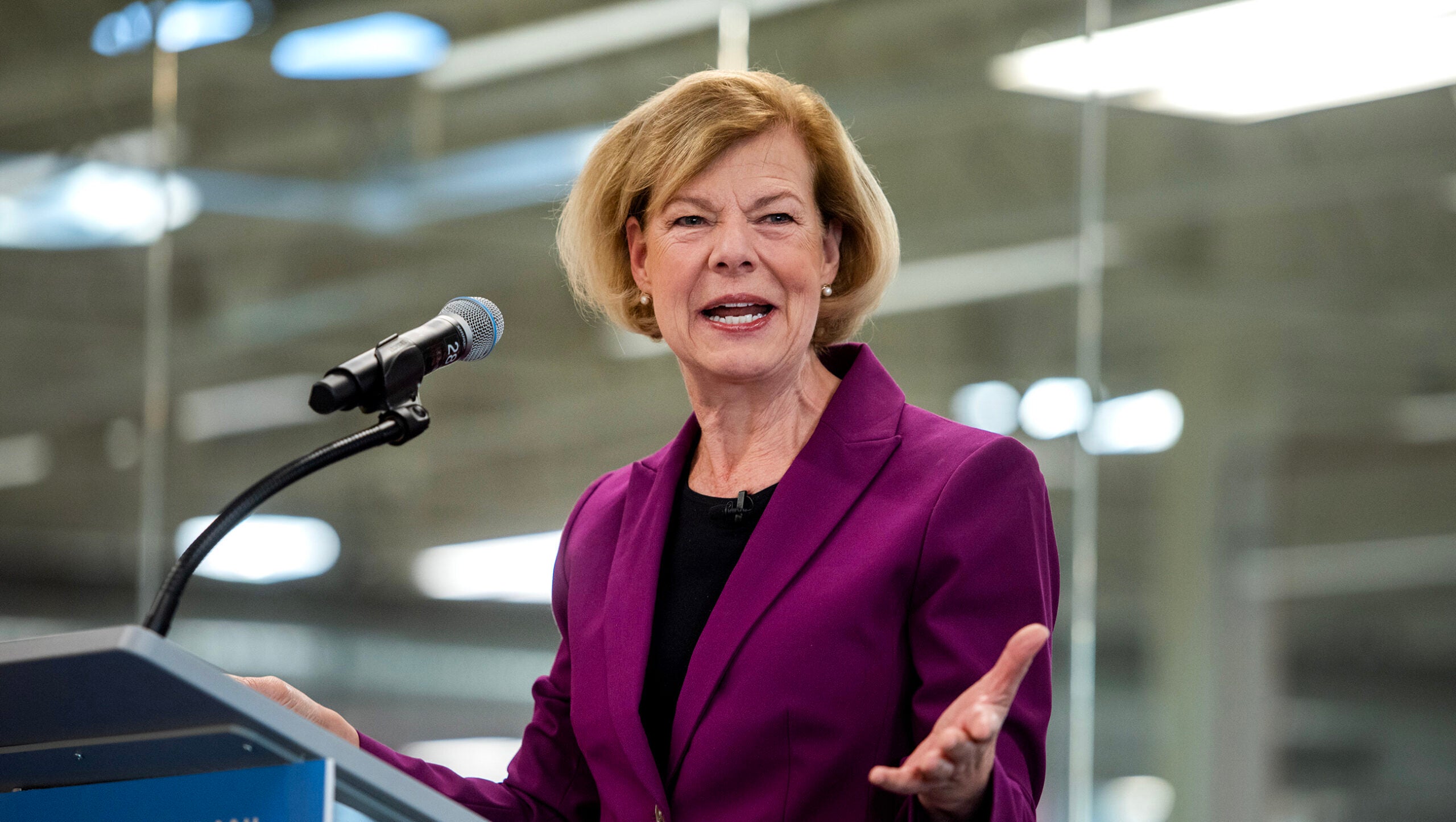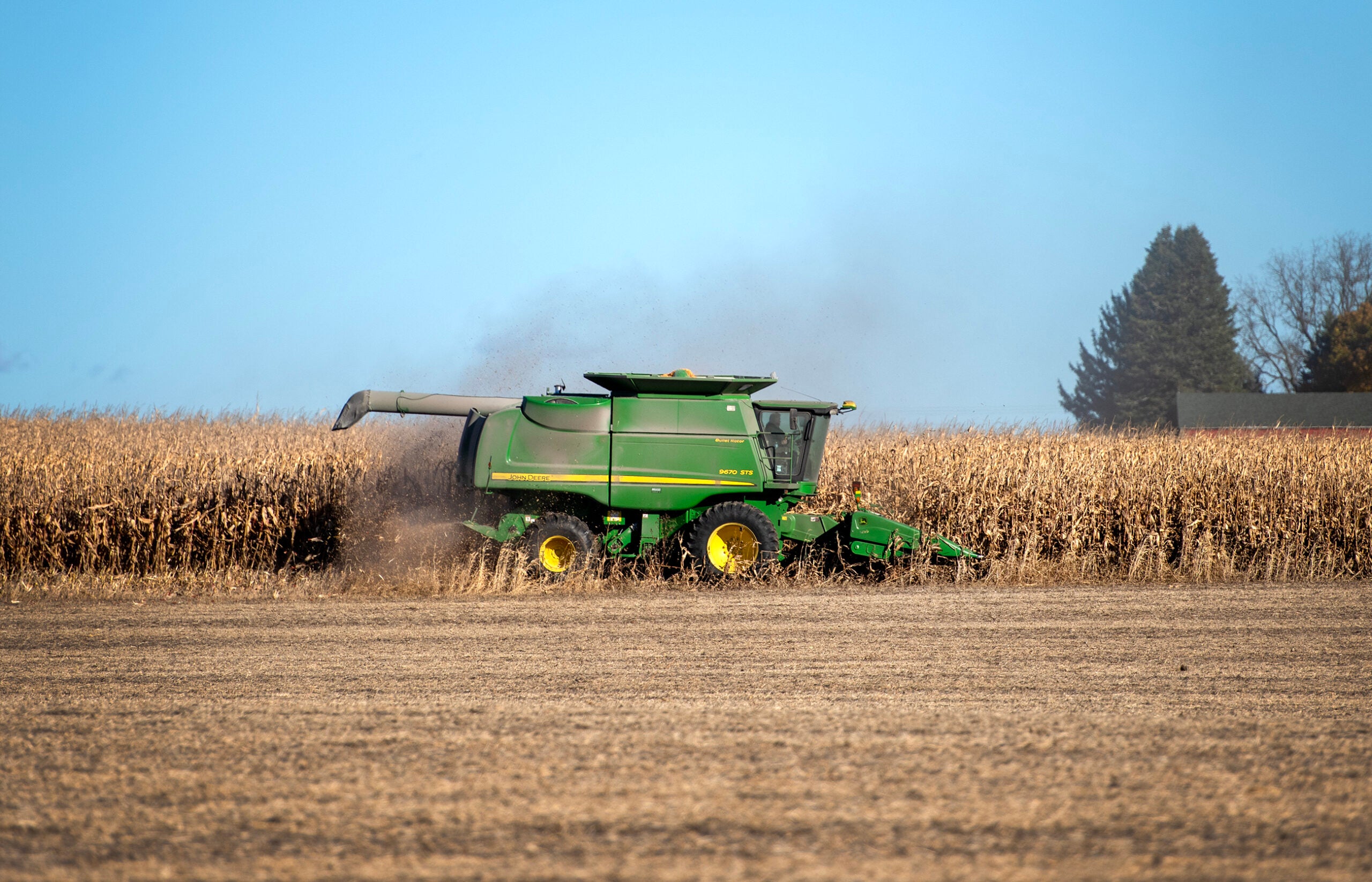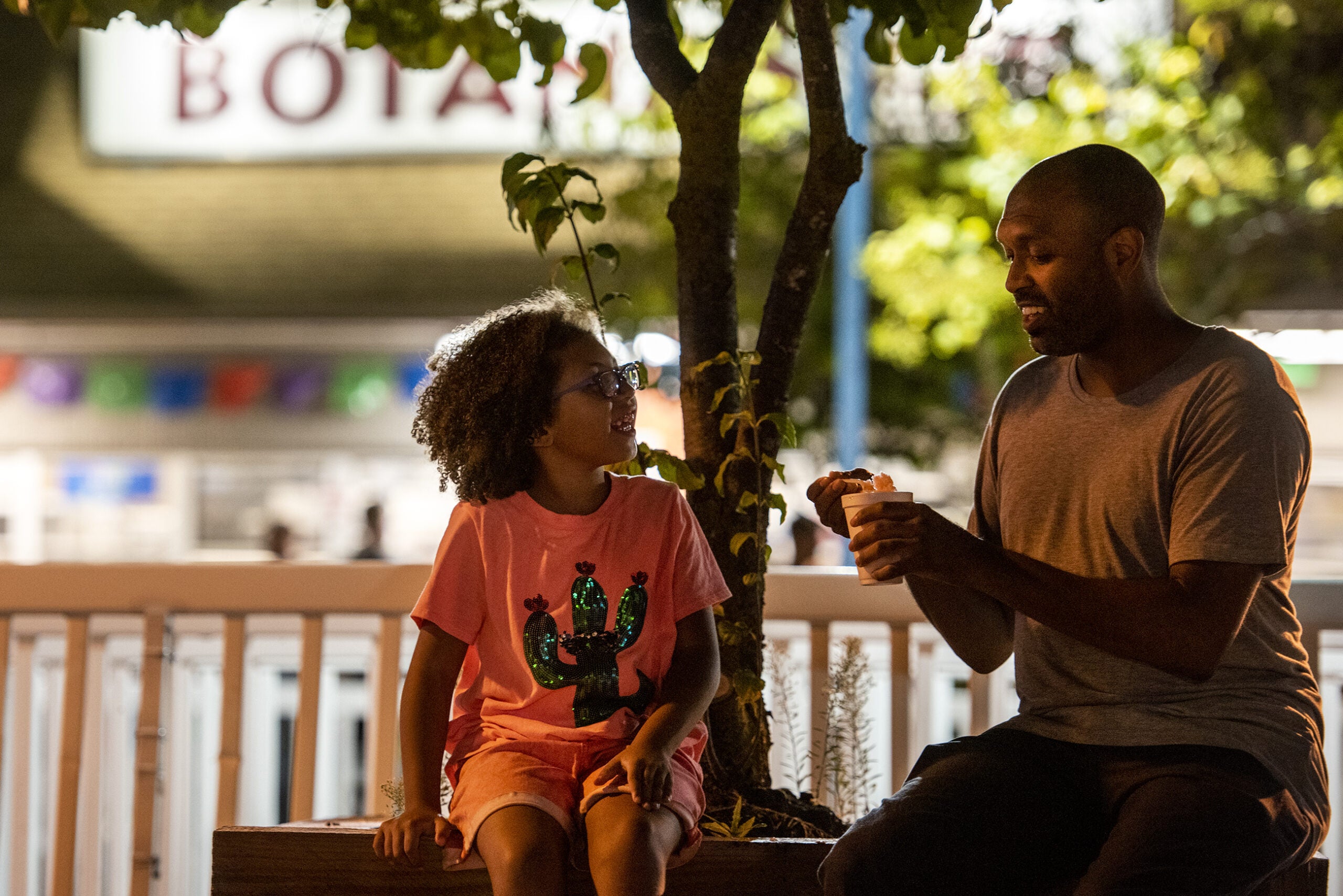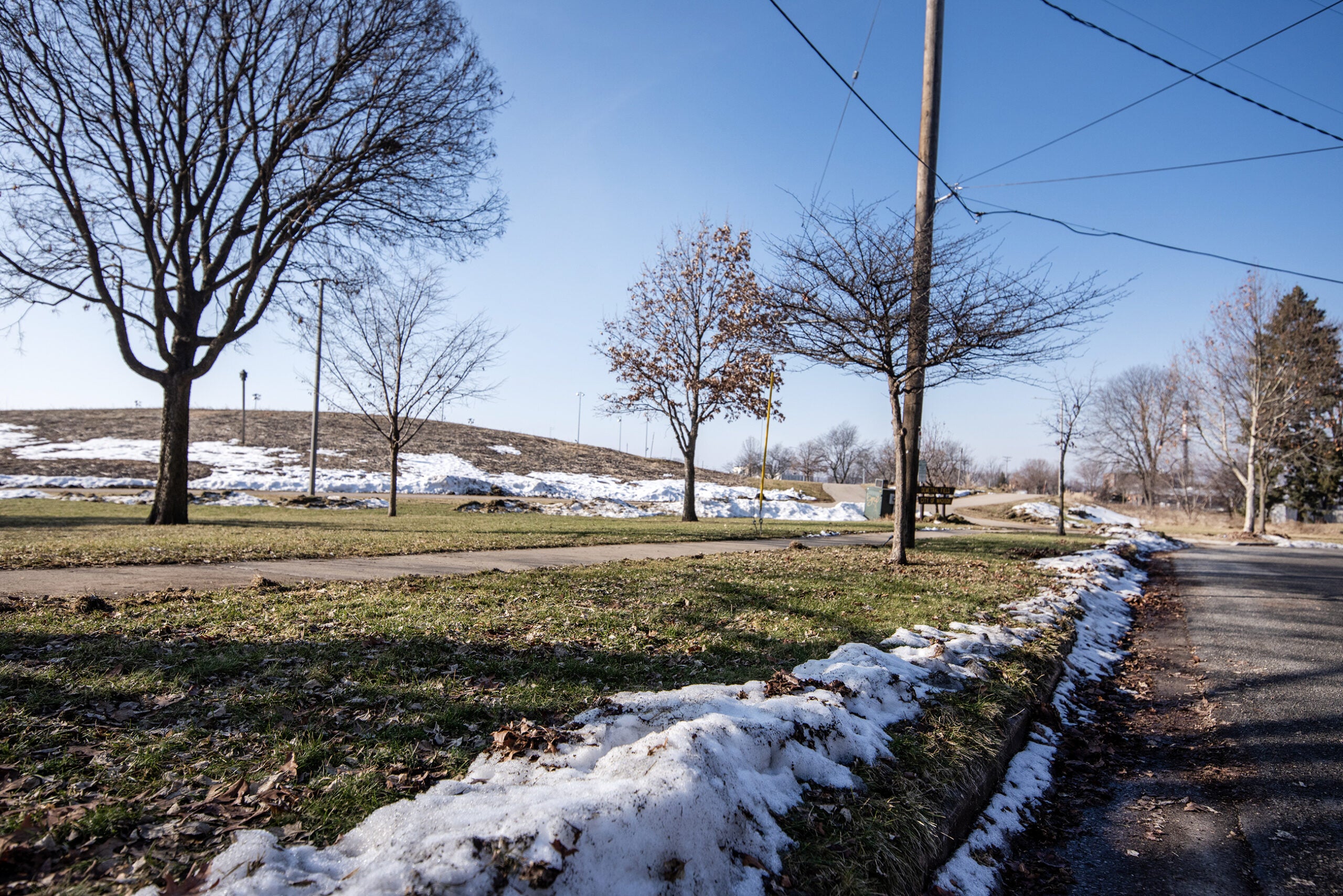Wisconsin businesses suffering due to below average snowfall would be eligible for federal disaster relief under a bill introduced by Democratic U.S. Sen. Tammy Baldwin.
It comes after parts of Northern Wisconsin saw their annual snowfall decline by between 20 to 60 inches last winter.
Last winter was Wisconsin’s warmest on record, according to the National Oceanic and Atmospheric Administration, with an average temperature of just below freezing between December 2023 and February 2024. The higher temperatures forced Wisconsin’s winter tourism industry to find ways to adapt.
Cable Area Chamber of Commerce Executive Director Heather Ludzack said snowmobile trails in her region never opened and lake ice was never officially deemed safe enough to fish on.
Stay informed on the latest news
Sign up for WPR’s email newsletter.
“It was pretty devastating to most of our businesses,” said Ludzack. “And that, of course, rolls into the working people getting laid off because there’s just not enough business in the resorts.”
The winter was such an anomaly that Baldwin and Democratic Gov. Tony Evers lobbied the U.S. Small Business Administration to offer disaster relief loans to businesses in some counties. Now, Baldwin is hoping to make it easier for resorts and other businesses suffering losses due to lack of snow to get the disaster loans in the future.
“We heard from a number of businesses and found that the typical disaster loans that you would be able to access if there were a drought or a flood or a blizzard did not cover the circumstance of there being no snow,” said Baldwin. “And so, we wanted to figure out a solution, and this one’s a pretty straightforward bill to make sure that lack of snowfall could be one of those covered emergencies.”
The Winter Recreation Small Business Recovery Act bill would add “below average snowfall or snow cover” to the list of definitions for disasters qualifying for the loan program. It would also require the SBA to work with the director of the National Weather Service to create new rules to implement the change.
Ludzack said the SBA loans are not free money. Businesses have to pay them back. But she said they come with low or zero interest, which can help cover costs and keep doors open until the start of the summer tourism season.
Baldwin said, ideally, she’d like to see the bill passed into law before the coming winter.
Baldwin is currently seeking a third term in the U.S. Senate. The campaign for her opponent, Republican Eric Hovde, did not immediately respond to a request for comment.
Wisconsin Public Radio, © Copyright 2025, Board of Regents of the University of Wisconsin System and Wisconsin Educational Communications Board.
